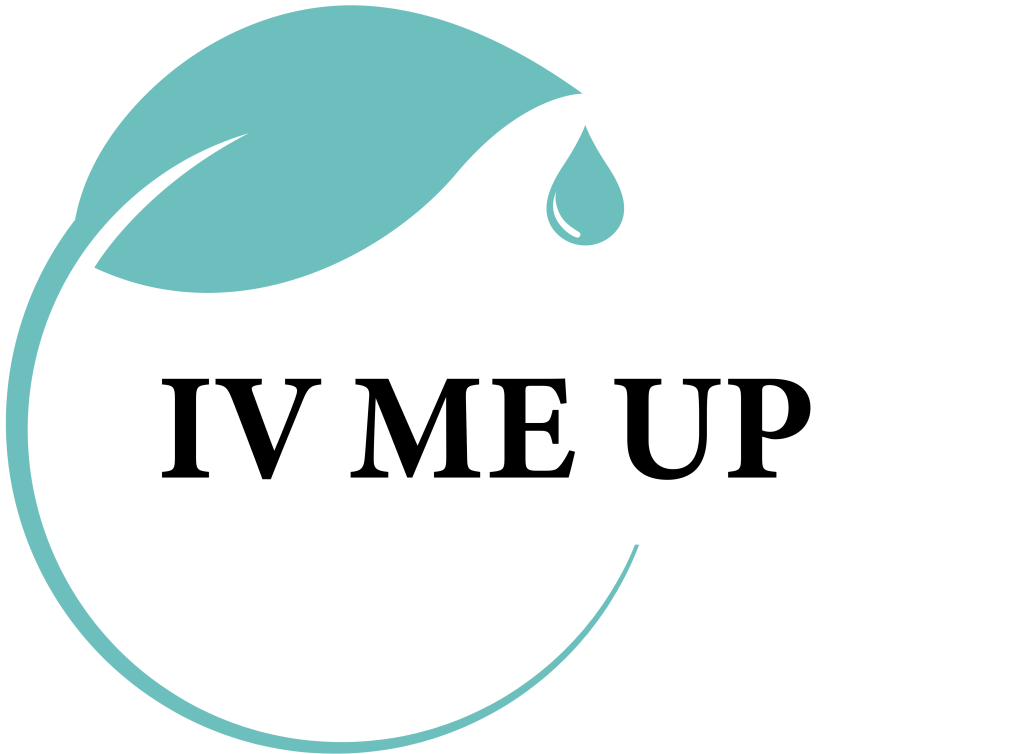Introduction:
In the hustle and bustle of modern life, stress has become an unwelcome companion for many. The demands of work, family, and other responsibilities can leave us feeling drained, both mentally and physically. Enter IV therapy, a powerful ally in the battle against stress. Let’s dive into the science behind how a carefully crafted infusion of essential nutrients can be a game-changer in restoring balance and promoting mental wellness.
Understanding the Stress-Body Connection:
Stress triggers a cascade of physiological responses that can deplete vital nutrients essential for optimal health. Chronic stress is often associated with lower levels of key nutrients like Vitamin C, B-vitamins, and Magnesium. This deficiency can contribute to fatigue, weakened immune function, and heightened anxiety. IV therapy emerges as a direct and effective solution to replenish these nutrients and restore balance to the body.
The Nutrient Arsenal:
- Vitamin C: A potent antioxidant, Vitamin C plays a crucial role in combating oxidative stress, reducing inflammation, and supporting the immune system. Infusing Vitamin C directly into the bloodstream ensures rapid absorption, maximizing its stress-fighting benefits.
- B-Complex & B-12: These vitamins are instrumental in maintaining nerve health and producing neurotransmitters that regulate mood. IV therapy delivers these nutrients directly to where they are needed, promoting mental clarity and stability.
- Taurine: An amino acid with calming effects, Taurine helps regulate neurotransmitters, promoting relaxation and reducing anxiety. By incorporating Taurine into the IV formulation, we address stress at its core.
- Magnesium: Often referred to as the “relaxation mineral,” Magnesium plays a pivotal role in muscle function and stress response. IV therapy ensures optimal absorption, making Magnesium an effective stress-relief agent.
- Zinc: This essential mineral supports the immune system and contributes to overall stress resilience. Serotonin, often referred to as the “feel-good” neurotransmitter, plays a pivotal role in mood regulation and overall emotional well-being. Zinc contributes to the synthesis and regulation of serotonin, acting as a cofactor for the enzyme tryptophan hydroxylase, which is involved in serotonin production.
IV Therapy for Rapid Absorption:
Traditional oral supplementation may not always provide the swift replenishment needed during times of heightened stress. IV therapy offers a direct route for the infusion of vital nutrients into the bloodstream, ensuring rapid absorption and utilization by the body. By bypassing the digestive system, IV therapy delivers a potent dose of stress-relieving components, offering a quick and efficient solution for those seeking immediate relief.
Overall Health Benefits of IV Therapy:
While stress relief is a key focus of our specialized IV therapy, the benefits extend beyond managing stress. IV therapy has gained popularity as a holistic approach to promoting overall health and wellness. Whether you’re seeking an energy boost, immune system support, or hydration replenishment, our diverse IV formulations are designed to cater to your unique health needs.
Consultation and Personalized Care:
At IV ME UP, we prioritize your well-being. Before embarking on IV therapy, our clients undergo a thorough consultation to ensure personalized recommendations. Individual responses to nutrient supplementation may vary, and our team of healthcare professionals is dedicated to tailoring IV formulations to meet your specific health goals.
References:
- Suh, S. Y., Bae, W. K., Ahn, H. Y., Choi, S. E., Jung, G. C., Yeom, C. H., … & Kim, Y. S. (2012). Intravenous vitamin C administration reduces fatigue in office workers: a double-blind randomized controlled trial. Nutrition Journal, 11(1), 7.
- Boyle, N. B., Lawton, C., & Dye, L. (2017). The Effects of Magnesium Supplementation on Subjective Anxiety and Stress—A Systematic Review. Nutrients, 9(5), 429.
- Prasad, A. S. (2008). Zinc in human health: effect of zinc on immune cells. Molecular Medicine, 14(5-6), 353–357.
- Młyniec, K., Davies, C. L., de Agüero Sánchez, I. G., Pytka, K., Budziszewska, B., Nowak, G., & Budziszewska, B. (2014). Essential elements in depression and anxiety. Part II. Pharmacological treatment. Pharmacological Reports, 66(2), 187–194.

